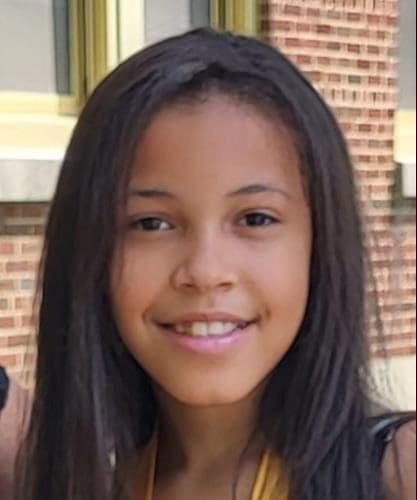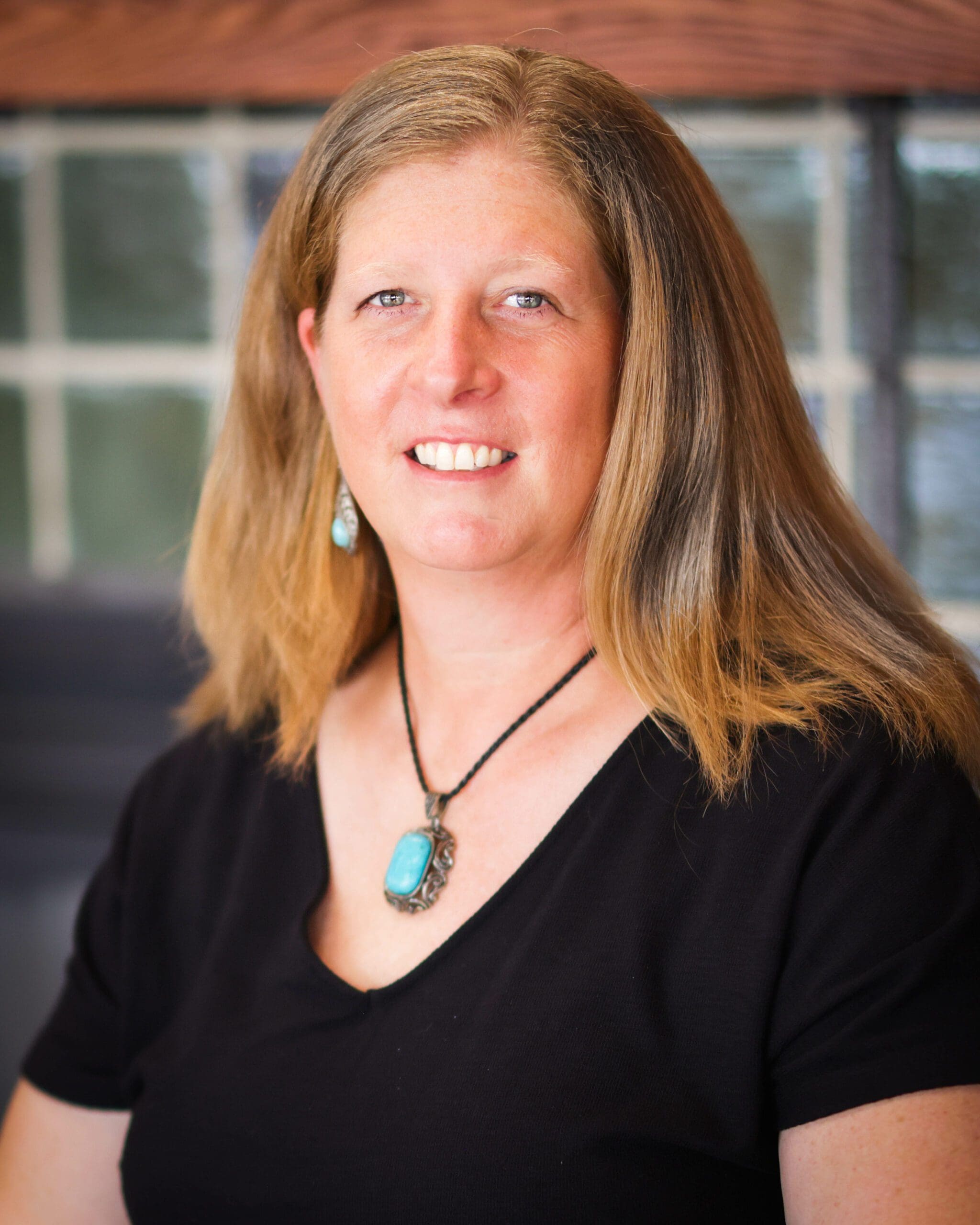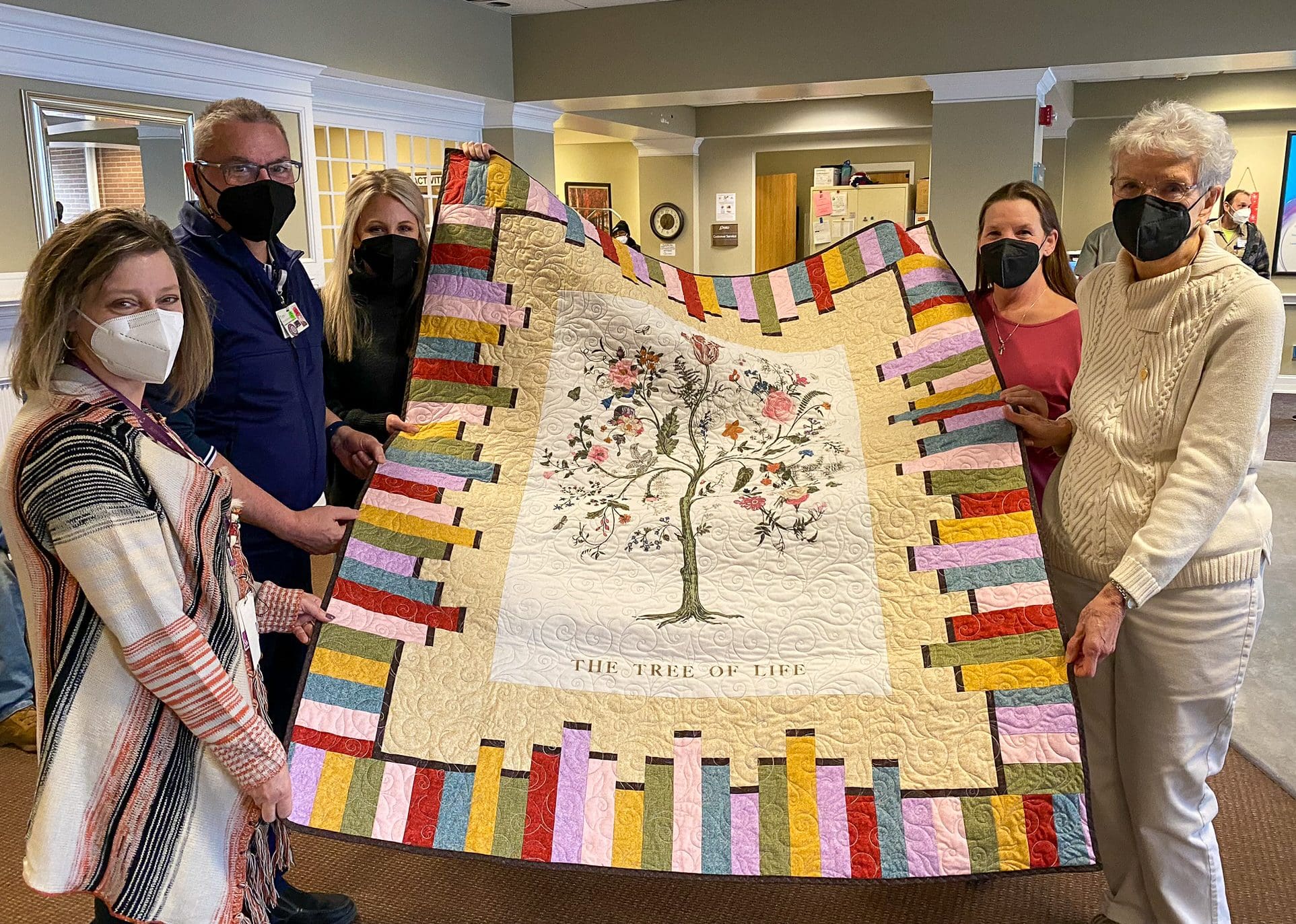By Alyssa Dearborn
Photos by Ana Gil-Taylor
Vanessa Johnson, director of the Matilda Joslyn Gage Foundation’s Girl Ambassadors program, is as much an advocate for the power of dialogue as she is an advocate for teaching Gage’s legacy. As the leader of the Girl Ambassador program, where she teaches a rigorous program to selected young woman from various Central New York high schools, Johnson sees the value in connecting the lessons that Gage teaches with the present issues challenging America’s young people.
“The most important thing for the Girl Ambassador program is that they look to Matilda Joslyn Gage as a mentor whose voice is as powerful in the present as it was in the past,” Johnson said. “All of the social justice issue that Gage confronts are relevant today, probably tomorrow, and unfortunately probably forever in this country.”
In the first years the Girl Ambassadors was founded due to a partnership between the U.S. State Department, the American Museum Association, and the International Sites of Conscience. From this collaboration, the girls chosen to be the first ambassadors in 2012 created dialogs with other girls from Chile and Sri Lanka. Although the funding granted to this program expired after its first year, the Gage Foundation saw how important the Girl Ambassadors program could be and continued to sustain it.
“For us to challenge this new generation to think for themselves is one of the most important things that we can teach them,” Johnson said. “And one of the things that I said to the girls is that wherever you stand politically, we are a nation that is so polarized right now that the skill that you are learning as young women in this organization is a crucial skill to have.”
The skill of dialogue is central to everything Johnson tries to inspire. According to her, teaching young adults the skill of dialogue does much more than teach them how to be great communicators or conversationalists.
“It is a powerful skill for these girls to have, to know how to facilitate dialogue,” she said. “Because in dialogue, it’s not about who is right and who it’s wrong. It’s not about what you believe and what you don’t believe. It’s about, ‘Can we sit down and talk about this? Can we each share our opinions and learn from each other without killing each other?’ It’s about inviting people to the table.”
By teaching the young women to invite a variety of perspectives to their tables, Johnson exemplifies to the girls what it means to be an ambassador.
“We have high expectations for the work that the young women are doing during their time as Girl Ambassadors. Ambassadorship is about reaching outward from the organization,” she said. “They learn from each other, we train each other, and we do dialogues together. But the importance of the program’s outreach is that we do have a list of volunteer opportunities that they must participate in. They must do two dialogues, for example, in the community. What those dialogues are, they decide. So I walk this line between mentorship and being their leader of their program.”
In 2018, Johnson and the Girl Ambassadors were invited by the Women’s Bar Association of New York State to participate in an evening of intergenerational dialog that was a part of the United Nation’s Women’s Commission on the Status of Women.
“We spoke on how we reach diverse communities of girls who may not have the opportunity for something like the Girl Ambassadors program,” Johnson said. “We specifically spoke to girls in the rural and inner city because often the issues they are challenged with are the same. And often their statistics are the same. It surprises people. We want to see them as two different worlds, but often they are the same types of deserts of opportunity for girls.”
This year, Johnson plans to take the girls’ dialogue skills to Washington, D.C., to host a panel on the conflict between Israel and Palestine.
“They were given the task of first making sure that they were educated about the issues and understood the historical context of the conflict,” Johnson said. “We made sure that they heard both sides, were prepared with how to conduct a dialogue that wasn’t going to turn into a screaming match, and what questions were going to be discussed.”
In the more local front, in addition to leading dialogues within the community, she teaches the Girl Ambassadors to be a force in local activism.
“I was asked to speak at the Syracuse Women’s March,” she said. “And I took one of those minutes and spoke about Gage and the Girl Ambassadors. Then I handed the mic over to two of the young women in the organization because we have to hand over the mic.”
The greatest achievement any organization can achieve is the creation of new, enlightened leaders for the future. And Johnson knows that there is only one was to accomplish this.
“We who are older have to be willing to let go of the reigns and hand them over to the younger generation,” she said. “The only way that you create leaders is to give them leadership opportunities.”





